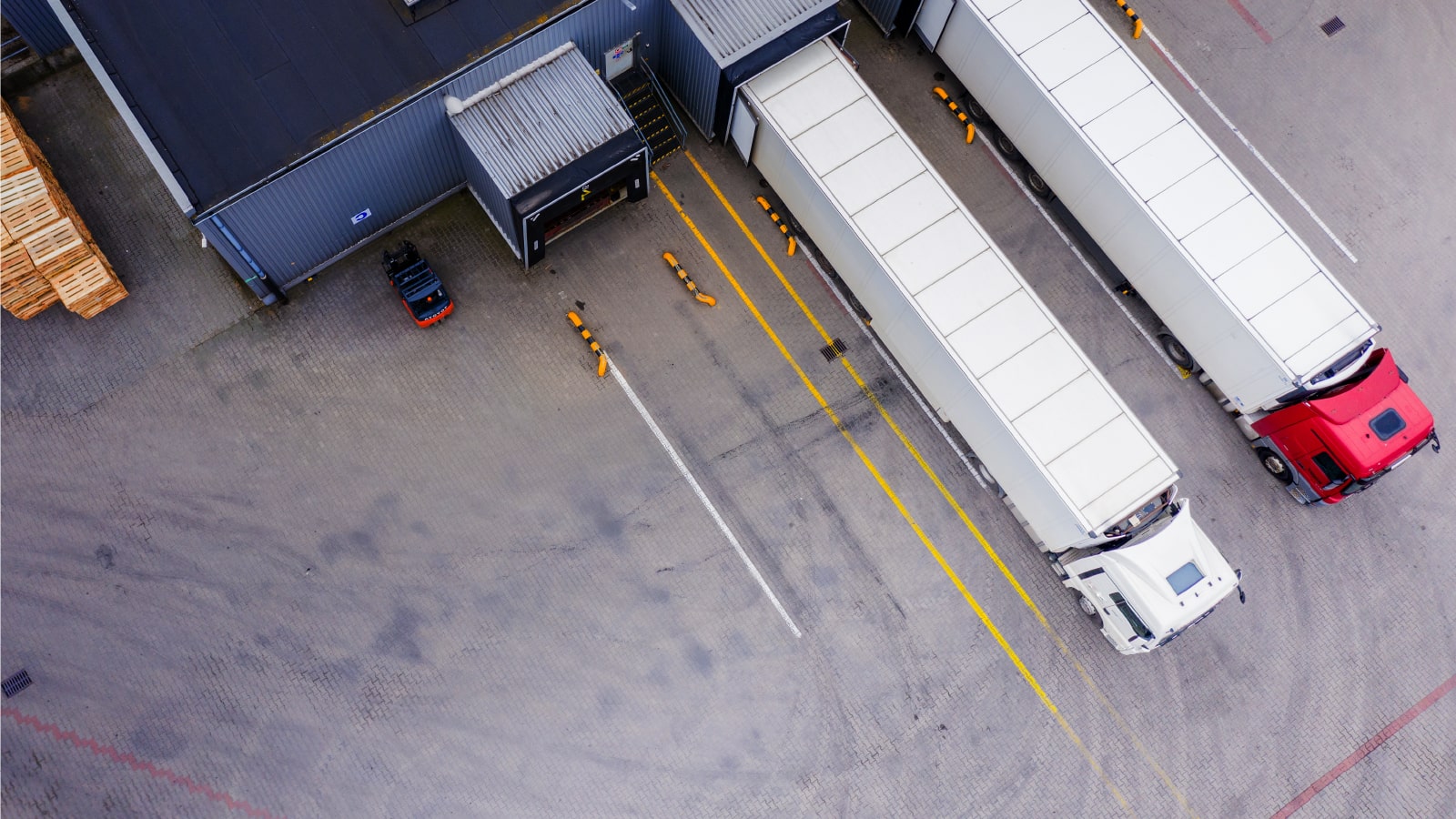Customs Red Flags: How to Keep Your Supply Chains Moving

Changes we’ve been expecting for years, like the implementation of the Customs Declaration Service (CDS) and post-Brexit complications, are now a reality. If you’re not prepared to adapt, your business may experience significant slowdowns and tighter margins.
The challenge is not just the changes themselves — it’s also managing the upskilling and training required to update processes accordingly. While some companies may handle implementation in-house, it may make more sense to bring in some new support to keep your supply chain flowing smoothly.
Here are some questions to ask to help you decide on the best course of action for your business:
Are you ready for the mandatory switch to CDS?
If you’re feeling behind in preparing for the switch from CHIEF to CDS, you’re not alone.
CDS customs implementation is not just an IT system change — it's a business process and business knowledge change. These three elements combine to create a daunting, multifaceted adaptation challenge.
As the deadline of 30 September 2022 approaches, your window of opportunity to create a smooth transition from one system to another is rapidly closing. We’ve seen in the past from unpredictable shifts like Brexit that large-scale systemic changes can create significant delays and slowdowns. This puts pressure on your staff to learn new skills, systems, and processes quickly, but when that learning process is rushed, it can lead to costly mistakes and missed deadlines.
If you’re feeling unprepared for the switch, it may be time to call for additional support. Look for strategic partners to help you scale up by hiring and training additional staff.
How often do you perform internal customs declaration audits?
When was the last time you ran an internal audit on your customs declarations?
Experts recommend regular auditing of customs declarations, and up to 10% of a company's declarations should be audited on an ongoing basis to ensure compliance. Most companies don’t currently adhere to this standard, and that oversight can be costly.
As part of these audits, you should be asking the following questions:
- Do your declarations contain the expected data?
- If you use an agent to submit your customs declarations, do the declarations match your instructions?
- Have you recently reviewed the commodity codes being used to ensure they’re correct?
- Are you familiar with the latest rules of origin that apply to goods you import or export?
Without regular data auditing, you risk submitting non-compliant declarations, resulting in customs fines and higher scrutiny on your future declarations. This can seriously delay the speed at which your shipments receive clearance.
Of course, running regular audits isn’t easy. They can be extremely time-consuming and resource-intensive, even for larger businesses. If your internal customs compliance team is stretched too thin to tackle regular internal audits, look to services that facilitate easy auditing of your documents to ensure all fields are correct.
Are you familiar with the paperwork and declarations required to move your goods?
Unexpected geopolitical events like Brexit and the conflict between Ukraine and Russia have caused turmoil in an already strained global supply chain. Companies now have to create ad hoc solutions for customs processes and declarations and move freight through new regions. In many cases, that means dealing with new officials, new forms and declarations practices, and unfamiliar languages.
For example, the use of the Goods Vehicle Movement Service (GVMS) may soon be required for movements between the EU and UK. Do you know which declarations are needed for the countries you’re moving goods through?
If you’re struggling to manage the complexities of post-Brexit customs or operating in new regions, consider working with a strategic partner familiar with customs requirements across many different countries and languages. Teaming up with a third-party customs brokerage processing provider can help you rest a bit easier, knowing that your shipments are in the hands of multilingual experts who are familiar with the processes.
Need extra support for customs brokerage processing?
With new systems coming into play, slowdowns are inevitable as everyone adjusts to the new normal. Mistakes will happen, causing delays for everyone — but you can set yourself up for success by proactively planning for the slowdowns and staffing your team with the support they’ll need.
DDC FPO can support the timely clearance of your international shipments with our customs brokerage processing services. Contact us to learn more.
Connect with Us
Clear customs faster with DDC FPO, a trusted strategic partner for transportation and logistics companies worldwide.
How Can We Help You?
Get in touch to learn how we can support your success.
Get Started
